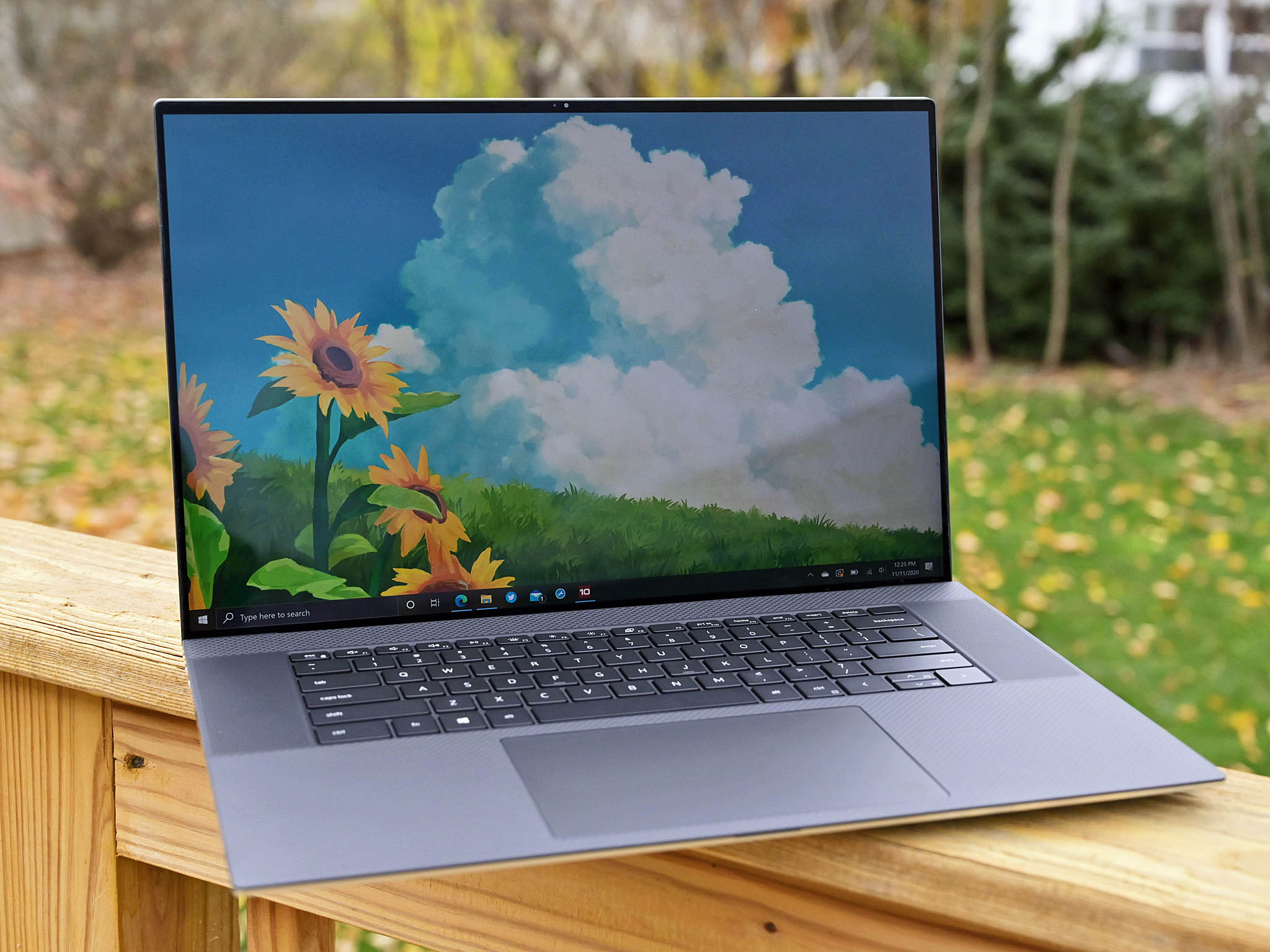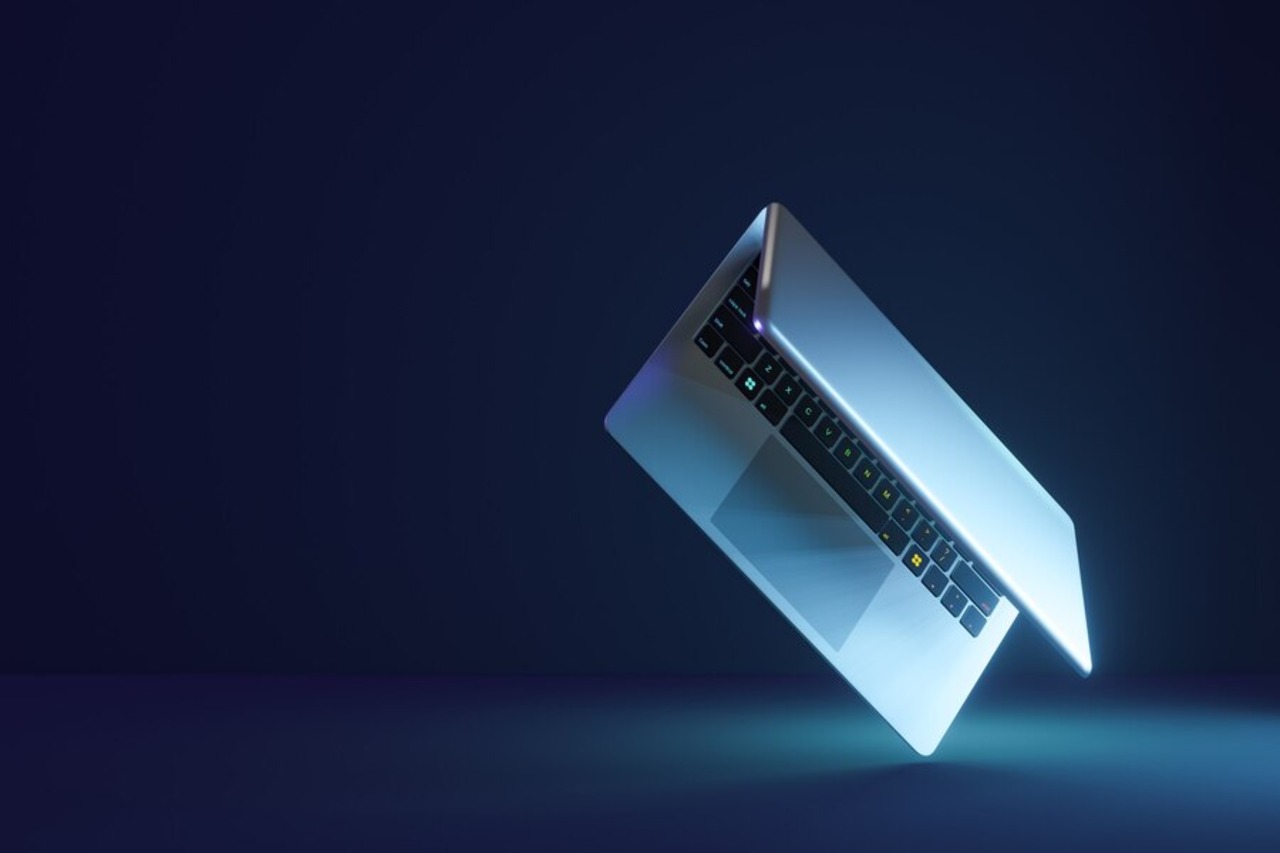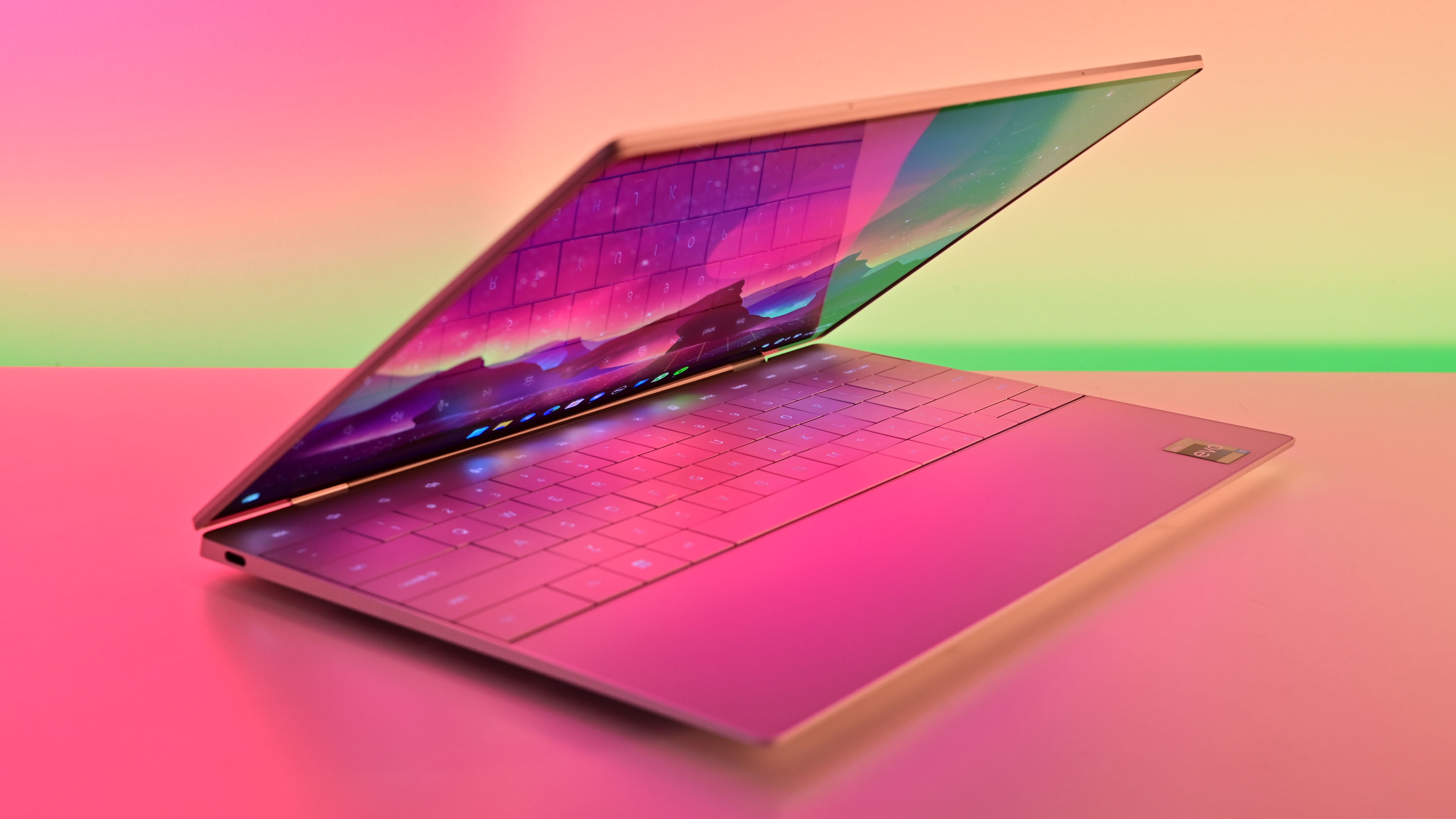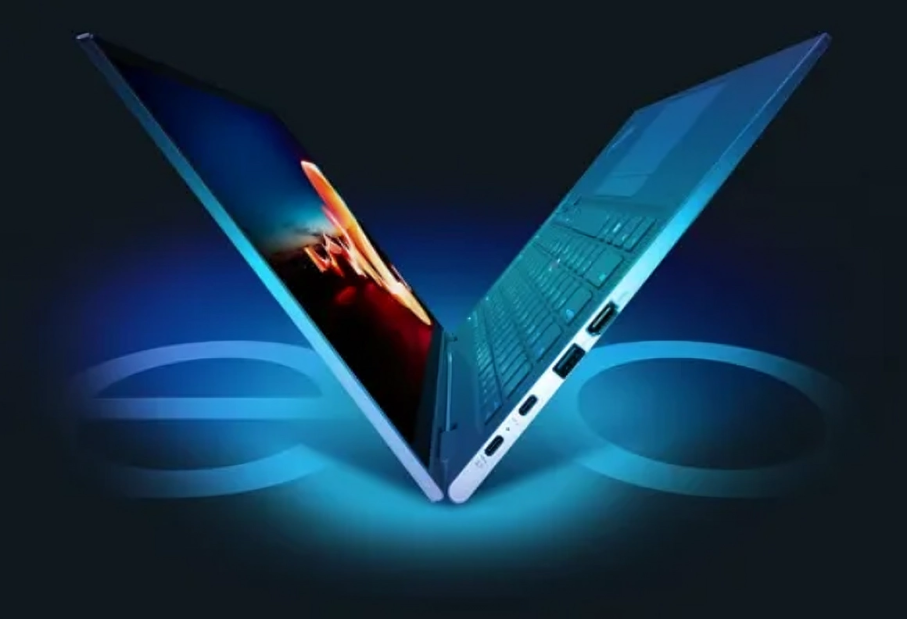 Lifetime Link Placements – No Expiry. 100% Index Guarantee!
Lifetime Link Placements – No Expiry. 100% Index Guarantee!
How Do i7 Laptops Manage Thermal Efficiency with Smart Fans?
Written by Gabriella Browne » Updated on: June 17th, 2025


Today's laptops with Intel Core i7 processors have impressive processing power, but great power often results in increased heat generation. Thermal efficiency management is essential to ensure that performance is always at its best and the devices last longer.
The smart fan system stands among the most important aspects of thermal management. The smart cooling systems allow temperature regulation with ease while not producing much noise and drawing much power.
So, how do smart fans actually regulate heat in i7 laptops?
Let's take it apart step by step and see how the laptop employs thermal sensors, smart algorithms, and cooling zones to keep things moving!
Why Do i7 Laptops Generate Heat?
Intel laptop i7 processors are designed for high-speed performance and thus are suitable for gaming, video editing, programming, and other power-consuming tasks. These tasks result in high CPU usage, which creates heat. Some of the main causes of heat generation are:
High Clock Speeds: i7 processors have high clock speeds, resulting in high power consumption and heat generation.
Multiple Cores and Threads: More cores mean more heat, especially when all cores are used for parallel processing.
Overclocking: Overclockers who overclock their CPUs drive performance levels beyond the norms, resulting in excessive heat.
Compact Laptop Designs: Thin laptops have restricted airflow, complicating the dissipation of heat.
Laptop manufacturers address these thermal issues by incorporating advanced cooling solutions like smart fan systems.
Further in this article, let’s look at how i7 laptops manage thermal efficiency with smart fans.
1. Thermal Sensors: The Laptop’s Heat Detective
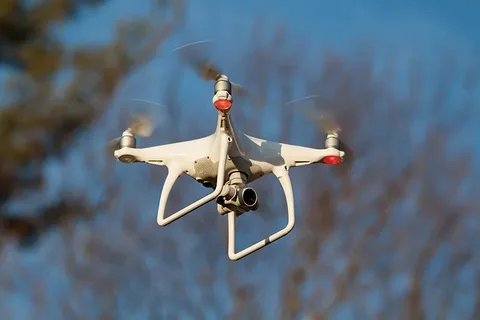
Just like we can sense if something is hot or cold, i7 laptops have thermal sensors to monitor the temperature of the critical components within.
They are located close to the CPU (the brain of the computer) and the GPU (the graphics component) to keep track of heat levels. If it is getting too hot, the sensors trigger an alert to make the fans move faster.
In fact, the importance of thermal sensors is growing across industries, as seen in the Temperature Sensor Market, which is projected to grow from USD 7.4 billion in 2024 to USD 9.7 billion by 2029, registering a CAGR of 5.6%.
This highlights the increasing reliance on temperature sensors, even in everyday tech like i7 laptops, to maintain optimal performance and prevent overheating.
Where are the sensors? The sensors are close to the CPU, GPU, and other major components to provide a real-time measurement of how hot everything is. This way, the laptop will know if it needs additional cooling.
What will happen next? If the temperature rises, the system kicks into action to cool down the laptop and keep everything safe.
2. Dynamic Fan Speed
Smart fans can change speed depending on the temperatures indicated by the sensors. The fans spin harder to exhaust heat when the CPU is under a heavy workload (such as while gaming or with heavy loads).
Generally, anything between 40–65°C (or 104–149°F) is considered a safe heat range for a normal workload.
When the computer is idle or lightly loaded, the fans move slower, keeping noise low and conserving energy. That's precisely what dynamic fan speeds do in i7 laptops.
And if you're looking for similar performance with more budget-friendly options, i5 laptop deals can also offer good cooling systems, though they may not feature the same level of dynamic fan control as i7 models.
3. Multiple Cooling Zones: Targeted Cooling for Different Parts
High-performance i7 laptops typically have multiple zones for cooling. Multiple zones enable the laptop to cool different sections separately.
How does that help? The laptop could have independent cooling areas for the CPU and the GPU. That enables them to concentrate cooling power where they need it the most.
What's the advantage? The cooling is more effective, and it also reduces noise by addressing just the areas that are hottest. It also powers the laptop more without having to worry about overheating.
4. Heat Pipes and Vapor Chamber: Extra Cooling Help
Laptops utilize heat pipes and vapor chambers to assist the fans. They are similar to miniature helpers that transport heat from the components that get extremely hot.
Heat Pipes: They are similar to pipes that transfer the heat from the CPU to other sections of the laptop where it is able to spread out and dissipate.
Vapor Chambers: These chambers function similarly to the heat pipes but utilize special liquids that soak up heat and transfer it away. They cool the laptop even quicker and more effectively.
5. Active and Passive Cooling: Different Cooling Strategies
There are two primary methods of cooling a laptop: active cooling and passive cooling.
Active Cooling
This is when fans or other moving components are utilized to cool the system. In i7 laptops, smart fans fall under this category of cooling. They circulate air and blow it through the laptop to cool everything.
Passive Cooling
Some of the lighter laptops do not even use fans. They use mechanisms like heat sinks to slowly distribute the heat. These take less power and are quiet but are not as good for high-use tasks.
Wrapping Up
So, how are i7 laptops able to control their temperature? Through the help of intelligent fans that vary in speed, temperature sensors that sense heat, and sophisticated cooling components such as heat pipes and vapor chambers.
These smart fans make sure your laptop keeps cool, operates well, and lasts longer without creating a lot of noise, whether you're working, gaming, or just browsing. You'll know that your laptop's intelligent fans are simply keeping it operating efficiently the next time it starts to get a little warm!
Note: IndiBlogHub features both user-submitted and editorial content. We do not verify third-party contributions. Read our Disclaimer and Privacy Policyfor details.
Copyright © 2019-2025 IndiBlogHub.com. All rights reserved. Hosted on DigitalOcean for fast, reliable performance.


